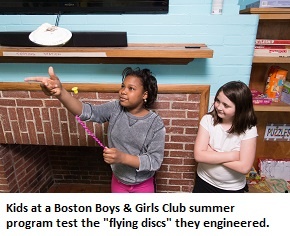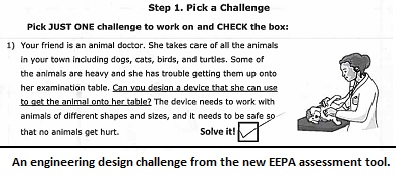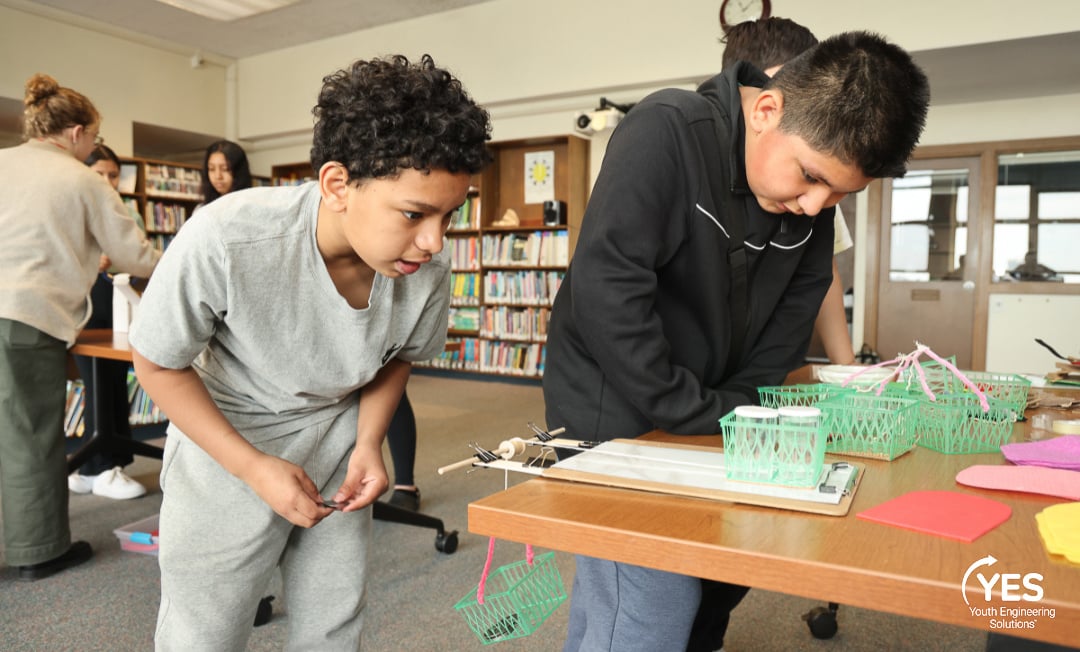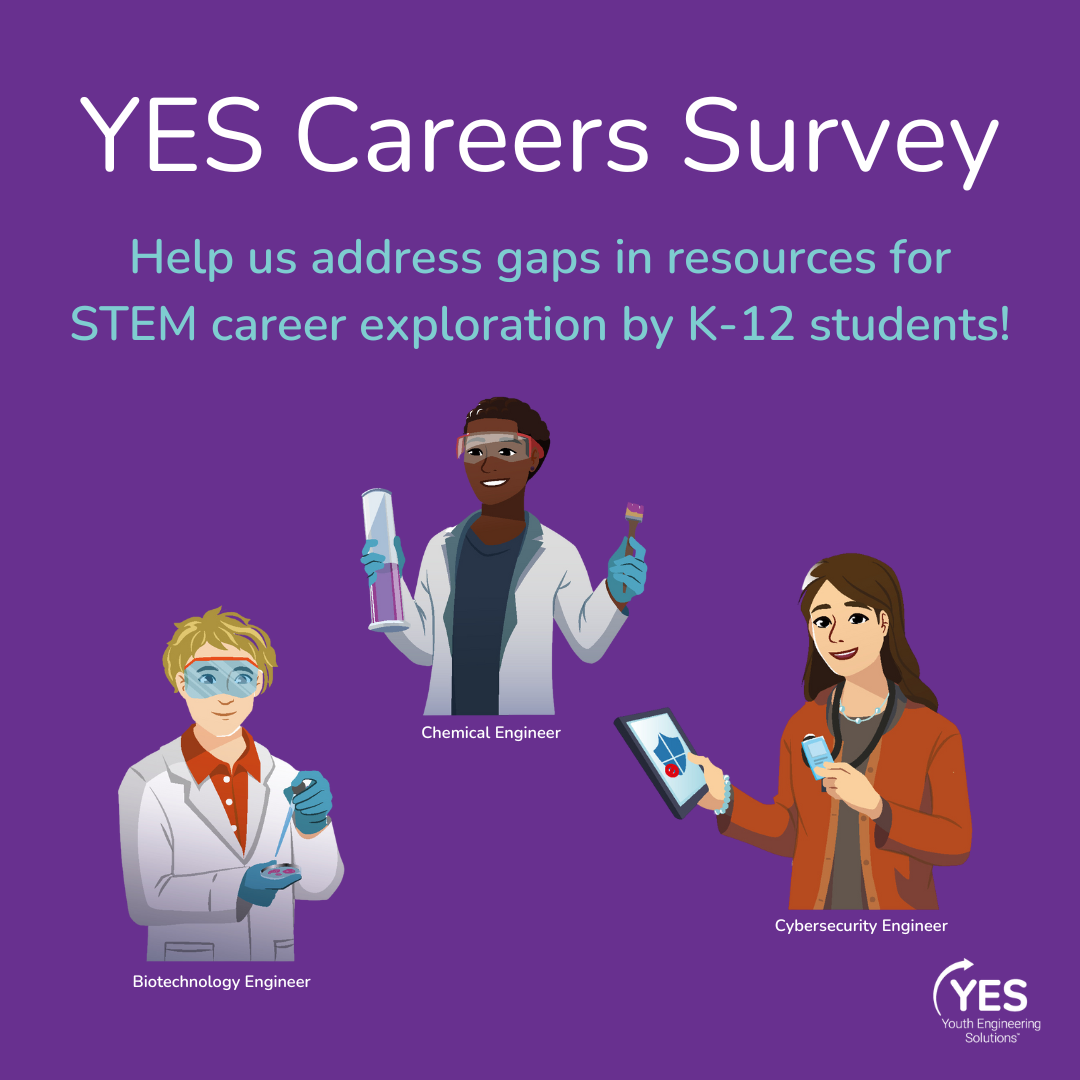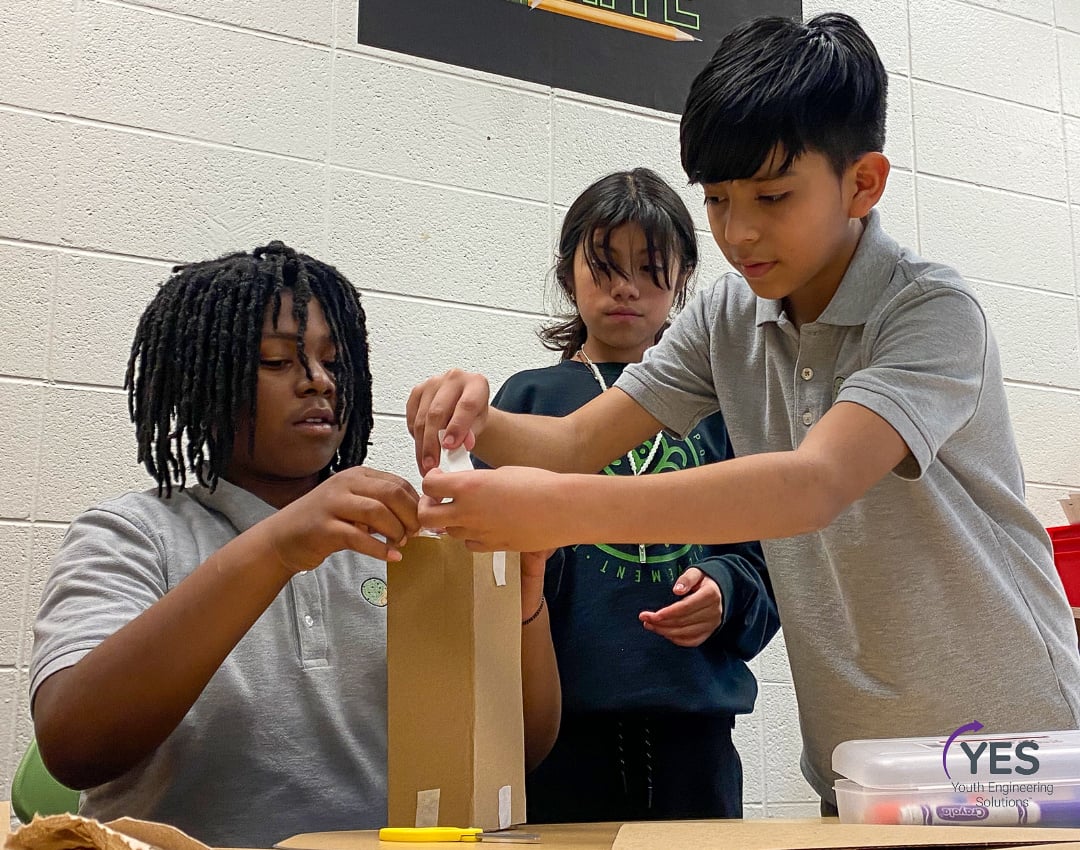Each Thursday on the EiE blog, we answer your questions about classroom engineering.
Q: I know that each Engineering is Elementary Teacher Guide comes with one copy of the storybook for the unit. Do I need to buy additional copies for my students to read?
A: The answer is, it depends on the ages and abilities of your students.
EiE storybooks are written at about a 5th-grade reading level; they're classified this way because of all the science and engineering vocabulary words in the stories!
If you teach upper elementary students (or students with advanced reading skills), a class set of storybooks allows each student to read independently. Or you might have your students read in pairs, or small groups.
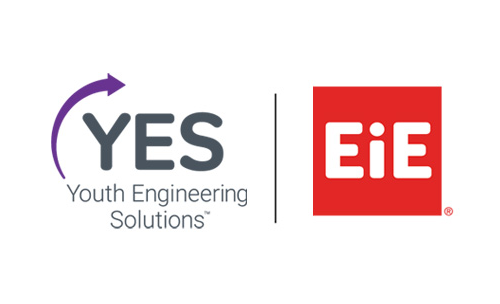



 Occasionally on the EiE Blog, we introduce you to the folks on our team and the work they do. Today, meet Richard Sutton, research coordinator. We’ve got a mountain of data coming in from a major, NSF-funded study, and Richard is the gatekeeper. Student assessments, journals, performance evaluations . . . more than 200,000 pieces of data must be entered into our system, and Richard makes it happen.
Occasionally on the EiE Blog, we introduce you to the folks on our team and the work they do. Today, meet Richard Sutton, research coordinator. We’ve got a mountain of data coming in from a major, NSF-funded study, and Richard is the gatekeeper. Student assessments, journals, performance evaluations . . . more than 200,000 pieces of data must be entered into our system, and Richard makes it happen.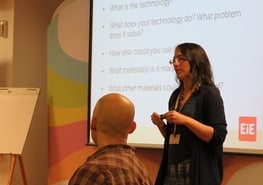 Are you planning a STEM Night? Need a short video that introduces parents to Engineering is Elementary?
Are you planning a STEM Night? Need a short video that introduces parents to Engineering is Elementary? 